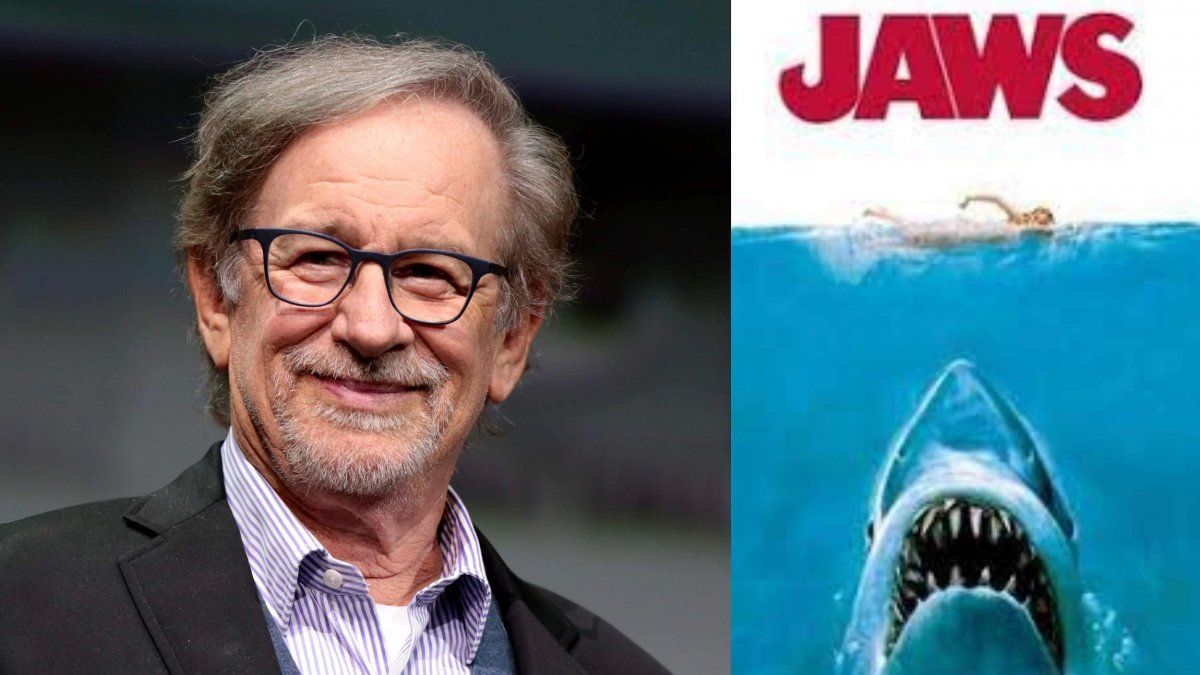The interviewer asked the filmmaker how he would feel living on a deserted island, prompting the allusion to the consequences of Jaws. “One of the things I’ve always feared hasn’t been getting eaten by a shark, but the sharks being mad at me for the crazy sport fishermen’s eating frenzy that came after the 1975 film.”
A population of animals that was even reduced by 71% in the 1970s, due to reckless fishing and the romanticization of hunting. A fact that really began with the release of the novel of the same name by Peter Benchley in 1974, which served as the basis for the construction of the successful saga.
But, despite this evil image created to cause horror in the audience, the truth is that sharks are not as dangerous animals as we have been led to believe. It is true that sharks are efficient hunters, but their accidents with humans are rare. In fact, “your chances of dying from the flu are 1 in 63 while your chances of dying from a shark attack are 1 in 3,700,000,” according to National Geographic.
For decades, marine biologists were critical of the film’s construction of the shark and the perception it had generated among viewers. A premiere directly related to the reduced number of sharks today.
“After the movie, thousands of people went out on boats to hunt sharks to have them as trophies”declared in 2015 to the BBC George Burgessdirector of the Shark Protection Program in Florida, USA. “Any barge that could handle a big fish could. And there was no remorse because there was the idea that these animals were killers.”
Source: Ambito
I am an author and journalist who has worked in the entertainment industry for over a decade. I currently work as a news editor at a major news website, and my focus is on covering the latest trends in entertainment. I also write occasional pieces for other outlets, and have authored two books about the entertainment industry.




